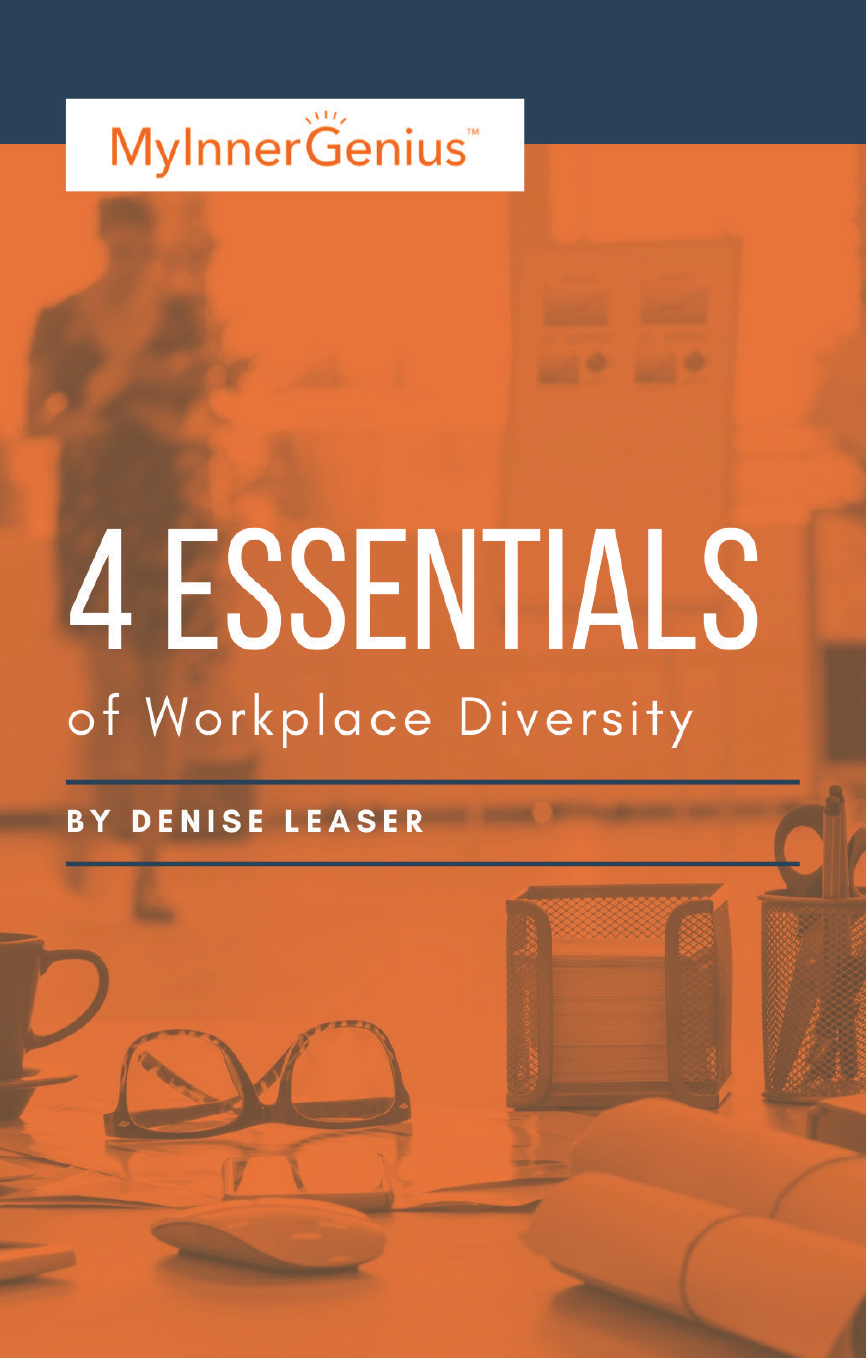The fundamentals of the hiring process have remained the same for decades. You submit a resume and application, wait to be notified, go through a few rounds of interviews—the first preliminary, the next more in-depth—and then wait to hear a yay or nay. The process hasn’t changed but everything else has and the old, formerly reliable ways of hiring are hurting some of the most valuable applicants.
Perhaps there is a way to improve the hiring process from the top down. Let’s ask ourselves, where does the hiring process truly begin? Recently, we’ve talked about the problematic aspects of hiring based on resumes, but very rarely will an applicant cold call you or arrive on your company’s doorstep with their CV in hand. Hiring really begins with you, the hiring professional, taking to the popular job boards and posting a call-to-action: a job description.
The job description is the first impression an applicant will form of your company. So ask yourself, how can you write a job posting that welcomes diversity of background, thought, and skill while portraying your company as an inclusive space for potential employees?
Reevaluate the Necessities of the Position
Employees have needs and demands, and as hiring professionals, we need to be flexible, and willing to engage in a little give-and-take in order to accomplish our primary goal: hiring the best candidate.
One of applicant’s biggest concerns, especially right now, is a company’s willingness to let them work from home. Your employees have lives outside of the office; tying them to the traditional nine to five may not suit their lifestyle which, inevitably, won’t yield the best results for your company. When you hire wisely, you hire someone who is dependable both from their desk and their coffee table. You don’t want someone who will only produce quality work if they know the boss is keeping an eye out.
An informal survey conducted on LinkedIn revealed that a mere eleven percent of polled employees wished to work in the office full time. The majority (sixty percent of those polled) said that they’d prefer to split their time between working from home and coming into the office. The survey polled 80,000, meaning that over 40,000 expressed the desire for workplace flexibility. That is not an insignificant ant amount.
Ultimately, trust is one of the best perks you can give an employee, and the willingness to allow a work from home balance will allow you to cast a wider net for applicants.
Rethink How you Write Job Descriptions
The more requirements and specifications you add to a job description, the smaller the window of opportunity gets for you to have a diverse range of applicants.
Do you really need an employee who has every skill, polished and perfected, right off the bat? That’s an almost impossible task, and when you write long, bulleted lists of the skills that your position demands, you’re intimidating and turning away what might be the best applicants. Human beings are designed to see the negative, so when applicants see a job description with a ten point wishlist of skills, they’ll focus on the two they don’t have, but not the eight they do. Instead, write a job description that’s competency based, with an emphasis on a willingness to learn, and include only the skills that are absolutely essential to the job.
Determine “Does this position really call for a degree?”
According to a study by the Consumer Technology Association, nearly seventy-five percent of employers said they would hire a candidate who had all the relevant skills, but not the desired degree. Given that overwhelming statistic, should we, as hiring professionals, stupid factoring in education at all?
Education is often a gateway to necessary skills, but hiring with such a strong emphasis on it that we list not only a need for a degree but specific majors as well in job descriptions is proven to alienate applicants. An entirely competent person could be turned away just because they don’t have the same degree you called for in the job listing.
Much like a resume, a degree tells you very little about the applicant in front of you. You know where they went and what general area they studied, but not how well they succeed in courses or what other projects they accomplished in their time at school. Higher education is not a guarantee of a good employee, and in the same CTA survey, nearly sixty percent of respondents said their company doesn’t require a college degree.
Consider Ignoring Resumes Altogether
A resume is a great way for an applicant to introduce themselves to you, but they come saddled with a lot of baggage and don’t really give you much insight into the actual person. While a resume can outline experience and soft skills, you could never properly identify the best candidate solely off of reading one, that’s why we interview candidates extensively before hiring them.
So why are we still requesting resumes at all? They tell us virtually nothing (a quick assessment during the application stage has been shown to give a much more cohesive view of the client) and worse yet, they are intimidating. If your job description requires eight years experience but a candidate only has five, chances are they won’t apply. The same goes for if a potential applicant doesn’t have one of the skills you outline in your job description, they simply won’t apply; even if they do fit the bill in all the other areas. This is especially true for women and people of color, who feel extra pressure to be stand out candidates, and often will forgo applying unless they feel absolutely certain they’ll get a call back.
Putting so much emphasis on resumes is unintentionally discriminatory and, as much as this hurts job-seekers, it’s hurting you even more.
Set Up a Structured Pre-Hire Process
No, you don’t need to revolutionize they way you search for the right candidates; in fact, a lot of the above advice was to take elements out of the traditional hiring process. Interviewing and hiring diverse candidates is a net positive for any business. With them, these employees bring valuable insights previously inaccessible to your company.
Much more valuable than a resume or a college degree is the ability to find a candidate with the willingness to learn, who brings a wealth of personal experience, and can nicely gel with your existing company culture. A pre-hire assessment can give you a much richer knowledge of your candidates than traditional hiring methods and lead you to making a hire that will not only last, but excel.
A career fit assessment from MyInnerGenius can put all your hiring worries to bed. Our assessments yield proven positive results (just ask IBM and Starbucks). Ready to try one – for free? For more info on our career fitness assessments and to enjoy a free demo, visit us at https://trywebassess.com/request_demo/

